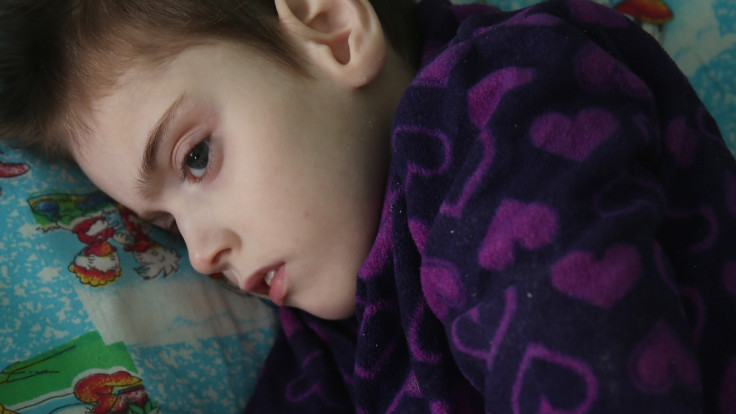Teens and young adults have lower cancer survival rates than children

Teenagers and young adults have a lower chance of surviving common types of cancer than children, a Europe-wide study has found.
According to a report in the Lancet Oncology, teenagers and young adults' survival rates of cancers such as leukaemia are much worse than in younger children. This can be attributed to a number of factors such as delays in diagnosis and treatment, lack of treatment guidelines, clinical trials specifically for teenagers and young adults, and differences in the biology of some cancers.
"The good news is that the number of children, adolescents and young adults surviving for at least 5 years after diagnosis has risen steadily over time in Europe", lead author of the report Dr Annalisa Trama said at The National Institute of Cancer in Milan, Italy.
"Across all cancers, the level of improvement is similar in these age groups, this contrasts with earlier results that adolescents and young adults diagnosed up to the 1990s were lagging behind children in terms of survival.
"However, we found that adolescents and young adults still tend to die earlier than children for several cancers common to these age groups, particularly blood cancers like leukaemias and non-Hodgkin's lymphoma (NHL)."
The study was carried out in 27 countries, analysing about 57,000 childhood cancers and 312,000 cancers in teenagers and young adults. The five-year survival rates for acute lymphoid leukaemias were 56% in teenagers and young adults and 85.8% in children. For acute myeloid leukaemias survival was 50% in teenagers and young adults and 61% in children. Hodgkin's lymphoma was 93% in teenagers and young adults and 95% in children.
"While it's great news that the number of children, teenagers and young adults surviving cancer continues to improve, it's also clear that for some cancers, survival in different age groups is improving faster than in others," Dr Alan Worsley, from Cancer Research UK, said.
"We need to find out whether adolescents are faring worse because of how their cancer is managed in the clinic or whether it's because the underlying biology is fundamentally different at these ages. Answering these questions is a big part of the reason why we've launched the Cancer Research UK Kids and Teens campaign."
© Copyright IBTimes 2025. All rights reserved.





















